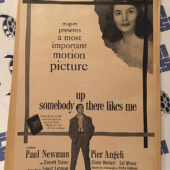Year: 2004




A down-on-his-luck salesman formulates a plan to kill Richard Nixon by hijacking a plane and flying it into the White House. Sean Penn stars in this character drama inspired by a true-life incident. We all know that Nixon was not assassinated, but resigned in disgrace over Watergate. What many do not remember or know was that in 1974 at Baltimore-Washington International Airport, authorities foiled a hijacking attempt by a manic-depressive, unemployed tire salesman named Samuel Byck, who hoped to fly a jet into the White House to kill the president and his staff. Since the plane never got off the ground, the story quickly lost amid other pressing news of the day. Byck later shared a chapter with Lee Harvey Oswald in James W. Clarke’s 1982 history American Assassins: The Darker Side of Politics, and resurfaced as a character in Stephen Sondheim’s 1990 musical Assassins, which was revived on Broadway early in 2004.
Byck recorded his plan, his motivations, his frustrations and chunks of his life story on a tape which he then mailed to the composer Leonard Bernstein shortly before embarking on his mission. Director and co-writer Neils Mueller expands upon this recording to flesh out Byck’s life and turn it into a penetrating insight into the underside of the American dream. Mueller’s fictionalised film presents Bicke (the spelling was changed for legal reasons) as a socially inept everyman betrayed by everything he was brought up to believe in and unable to adapt once the facade fell away.
Sean Penn, after the unforgettable character he created in Mystic River, gives another masterful performance, playing Bicke as a sad, idealist failure. In the film he’s an office supplies salesman who can’t commit to the job because he can’t lie like his boss (played by Jack Thompson) expects him to. His idea of honest toil is to open a mobile tyre supply firm with his friend Bonny (another powerful Don Cheadle performance), but the bank considers him a credit risk.
In addition to his professional issues, he is separated from his wife, Marie (Naomi Watts), and he’s unwilling to accept that their relationship is over. Nor can he find a sympathetic ear to hear what he has to say. African-Americans, the most obvious target of social injustice, are the people with whom he most identifies. In one painfully funny scene he attempts to join the local chapter of the Black Panthers but his sincere suggestion that they rename their organisation the Zebras so lost white people can join is met with anger. Thus when his boss later tells him that Nixon is the ultimate salesman because he hoodwinked a nation into electing him twice, he becomes convinced that Nixon is the root of his troubles and dedicates himself to knocking him off.
The film, with its large ambitions and big names for the most part, the film places us into Bicke’s though process and Penn does a great job of eliciting our sympathy for his troubles. But the film is not out to glamorize him. It frequently pulls back to give us the more reasoned viewpoints of Marie and Bonny, ensuring that we never forget that this is a portrait of a man losing his mind. It’s a bleak portrait – not surprising since Bicke quickly moves to pathological. The Assassination of Richard Nixon builds its dramatic impact by showing how one man gradually becomes unhinged, what brings him to the state where we first see him on screen, taping fevered messages explaining himself to Leonard Bernstein.
Despite all of his scary and deranged actions, because of Sean Penn’s great artistry, Sam Bicke emerges a sympathetic character in a very strong film.
Review © 2005 Film Feitsh, by Rene Carson








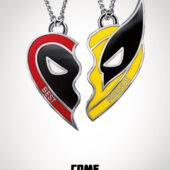
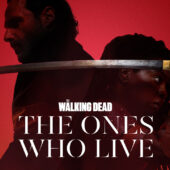






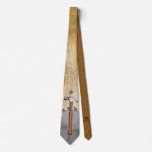




![Midtown Theatre in Detroit, Penny Cillin and Raven Wilde Burlesque Dancers Marquee Photo [210907-130]](https://www.filmfetish.com/img/p/2022/10/210907-130-midtown-theater-11x85-web-170x170.jpg)
![Sexy Cult Cinema Icon Sybil Danning Bikini Photo [221010-31]](https://www.filmfetish.com/img/p/2022/11/221010-31-sybil-danning-85x11-web-170x170.jpg)
![Suzanne Somers Publicity Photo [210906-0120]](https://www.filmfetish.com/img/p/2021/11/210906-0120-suzanne-somers-85x11-web-170x170.jpg)
![Apollo Theater 1959 Harlem New York City Cinematic Autos Photo Print [230302-75]](https://www.filmfetish.com/img/p/2023/10/230302-75-apollo-theater-harlem-13x19-web-170x170.jpg)















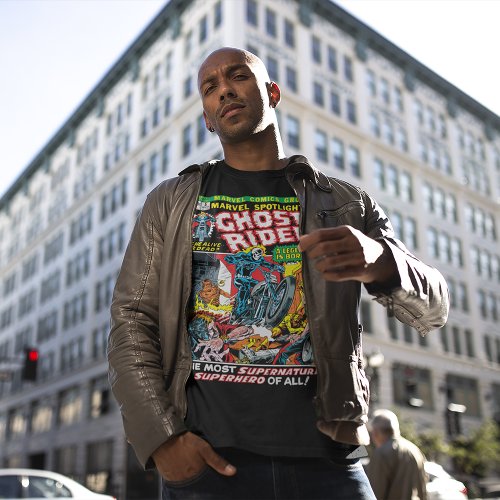






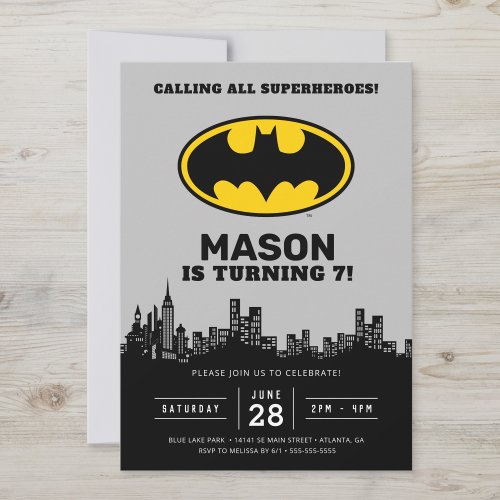




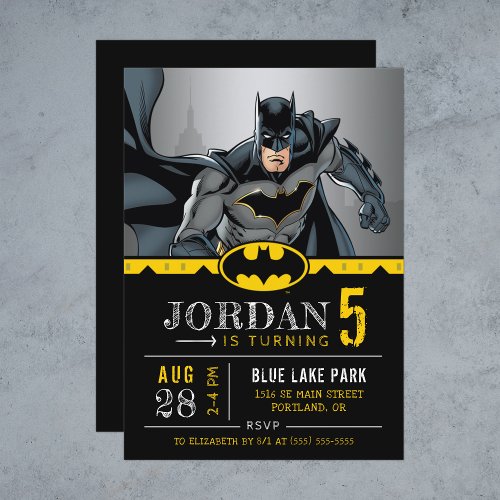




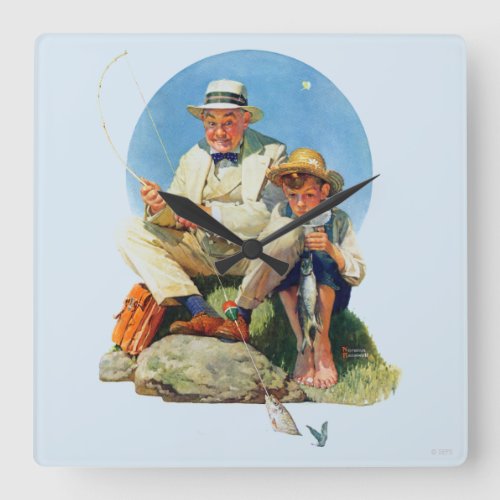
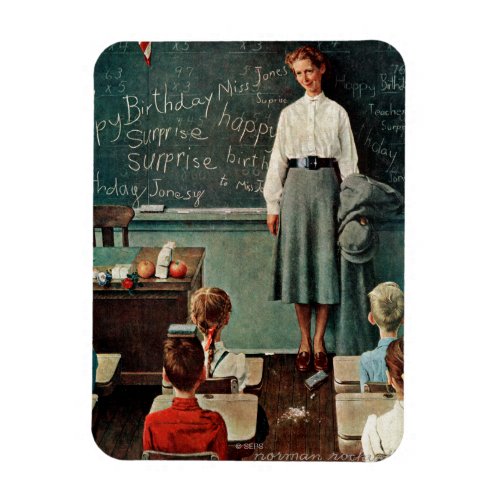













![Set of 4 Night Without Stars (1951) Press Publicity Photos, David Farrar, Nadia Gray [M23]](https://www.filmfetish.com/img/p/2023/02/P1490188--170x170.jpg)
![DC Comics Alan Moore’s Watchmen Number 9 First Printing (May 1987) [12209]](https://www.filmfetish.com/img/p/2020/02/watchmen-comic-9-12209-01-170x170.jpg)

![300: The Art of the Film Double-Sided 34×22 inch Promotional Poster [H51]](https://www.filmfetish.com/img/p/2021/04/300-art-of-the-film-poster-h51-01-170x170.jpg)

![Star Wars: Shadows of the Empire Leia in Boushh Disguise with Blaster Rifle and Bounty Hunter Helmet Action Figure (1996) [1208]](https://www.filmfetish.com/img/p/2020/06/star-wars-leia-1208-01-170x170.jpg)
![Creed Original Movie Poster 27×51 inch Licensed Beach Towel Michael B. Jordan, Sylvester Stallone [T32]](https://www.filmfetish.com/img/p/2022/04/t32-creed-movie-01-170x170.jpg)
![Life Magazine (December 1, 1972) President Harry Truman Cover, Henry Kissinger in Paris [J93]](https://www.filmfetish.com/img/p/2021/01/life-magazine-j93-01-170x170.jpg)
![Life Magazine (December 8, 1972) Singer Diana Ross Cover, Motown, The Supremes [J99]](https://www.filmfetish.com/img/p/2021/01/life-magazine-j99-01-170x170.jpg)
